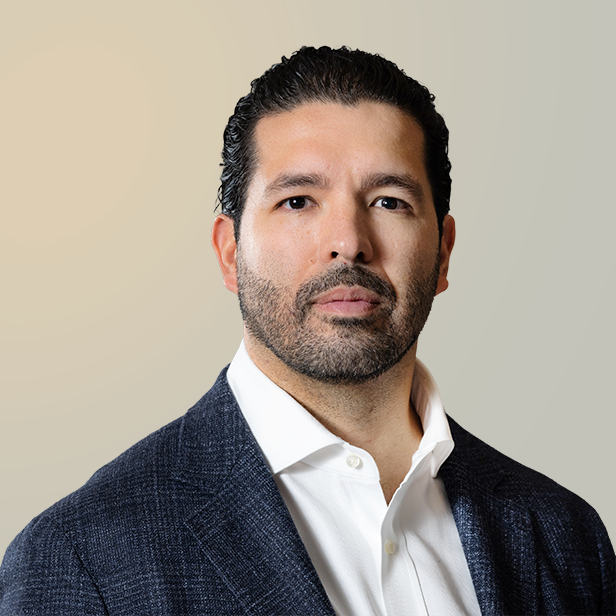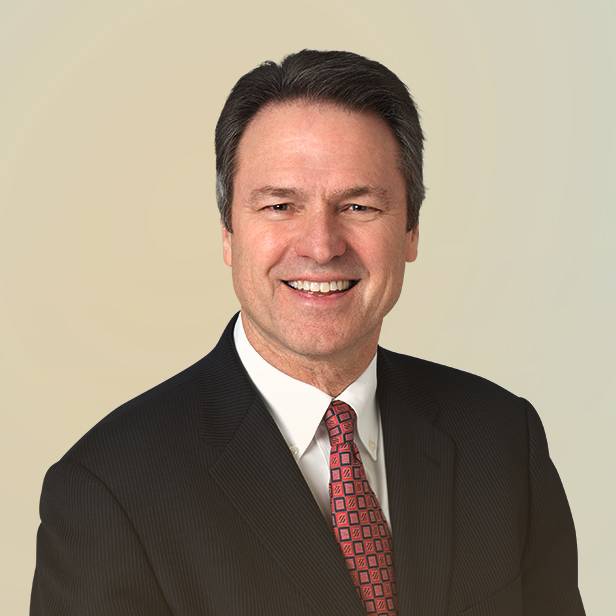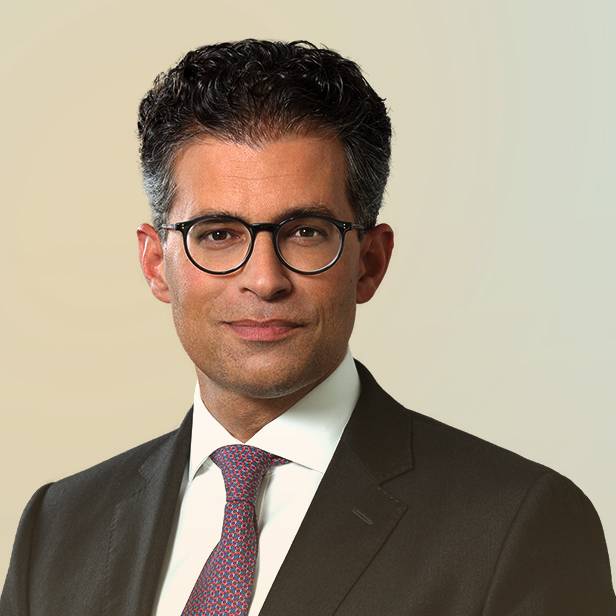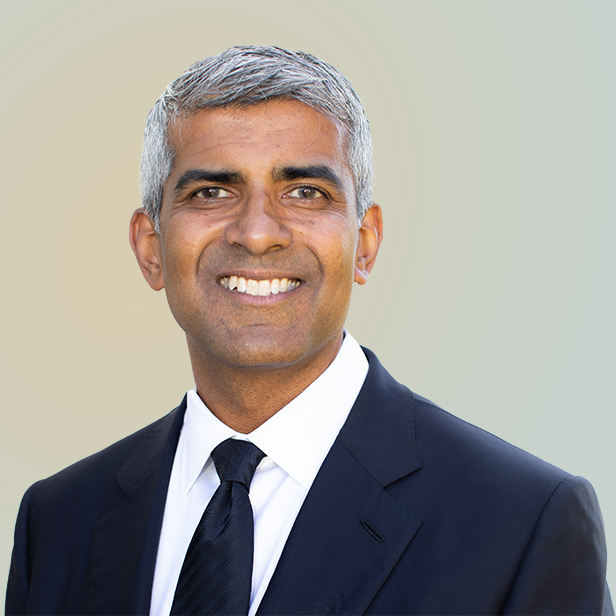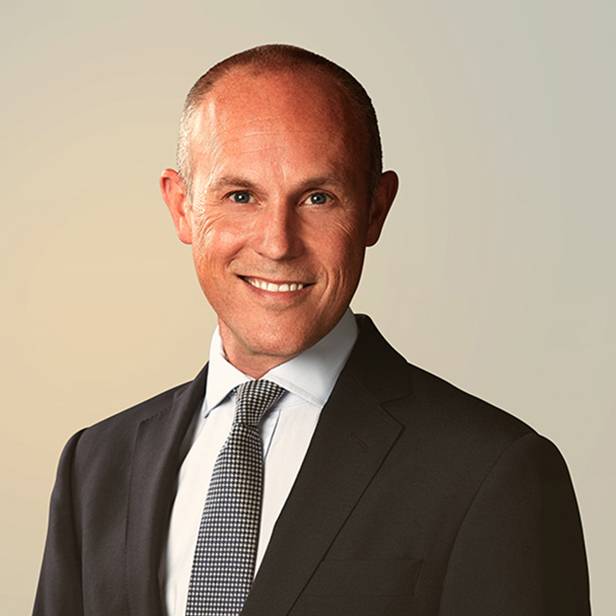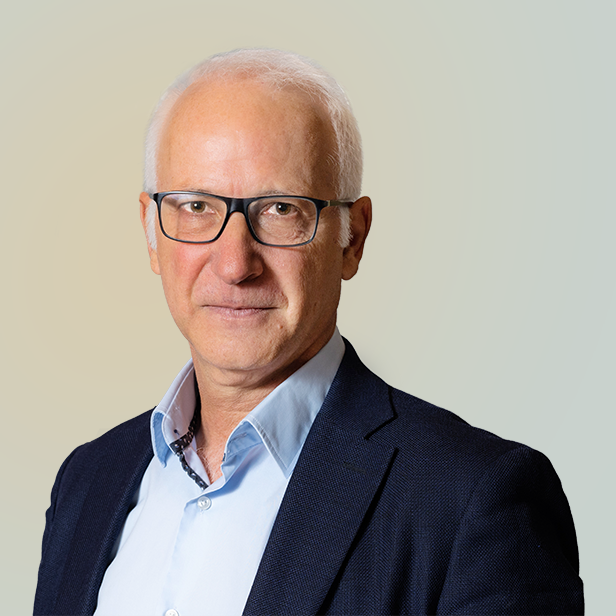Bird-dogging Opportunities in Pet
Mar 2024
Lincoln International recently advised Best Friends Pet Care on a growth capital investment from Turning Rock Partners. Best Friends is a premier, corporate-owned provider of pet boarding, daycare, grooming, and training services that was primed to execute a roll-up strategy in the rapidly evolving and highly fragmented pet services industry. Mosaic Capital Partners (the owner of Best Friends) is a private equity firm investing in privately held middle market companies by employing buyout strategies that incorporate the partners’ unique expertise in Employee Stock Ownership Plans (ESOPs).
Charles Walder, Managing Director with deep expertise in the pet sector, and Alejandro Barrera, Director who brings extensive consumer services expertise, collaborated on this opportunity to deliver an optimal outcome to Best Friends.
In our latest Q&A, Charles and Alejandro discuss the transaction, pet and consumer service industry dynamics that provide an attractive backdrop to the pet services category and key considerations for investors.
Summary
-
In our latest Q&A, Lincoln International discusses the transaction, pet and consumer service industry dynamics that provide an attractive backdrop to the pet services category and key considerations for investors.
- Click here to download a printable version of this perspective.
- Sign up to receive Lincoln's perspectives
What Makes Pet Services an Attractive Industry for Investors?
Charles: In this industry, positive consumer services and pet trends have intersected to create a unique space with multiple attractive tailwinds and an appealing investment environment. Top of Form Pets are members of the household and family, and pet parents are focused on finding service providers who can be trusted with their pets, whether it be when they are traveling, working or for grooming. Pet parents seek out locations where their pet is going to be happy, have fun and be treated with the same level of care and love as at home. Humanization, premiumization and an increasing focus on pet health and wellness are trends that continue to be more important every year within the pet industry. Once a pet parent finds a service provider they can trust, they will often remain loyal to that company, which is highly attractive to investors given the lifetime value and recurring revenue stream of this customer.
Alejandro: In addition to the pet trends Charles mentions, the pet services market contains fundamental elements that have proven to be attractive in other consumer services sectors. The end market is highly fragmented and private equity (PE) is at a nascent level of involvement in the sector; the combination of those two elements presents an opportunity for new entrants to create industry leaders via a de novo strategy or executing on buy-and-build. Additionally, the multi-unit nature of the service offering provides several points of entry, PE firms’ expertise in retail and other four-wall categories allows them to execute a familiar playbook to rapidly scale.
What Was Best Friends Pet Care’s Compelling Story? What Drove Investor Interest?
Charles: The company has been in operation for more than 25 years and has a stellar track record of providing top-quality pet care through high-touch customer service, a safety-focused and family-oriented mindset in addition to well-trained staff. With close to 40 locations across the U.S., including a long-term proven partnership with Disney, the company is one of the only independent providers in the industry with significant regional scale and nationwide reach. It has been successfully operating at Disneyworld since 2008, which is a proverbial stamp of approval to consumers.
Alejandro: Best Friends provided one of the first scaled opportunities for investors to enter the non-vet pet services category, which is a new way for the investor universe to capitalize on the broader pet and consumer services investment themes. Best Friends presented a chance for investors to leverage their existing pet knowledge base and capitalize on the tailwinds from a different angle that hadn’t experienced the same valuation run-up. In addition, the management team and their pet service ‘pedigree’ provided instant credibility and institutional know-how in a novel sector with many unfamiliar complexities that need to be managed. The leadership team drove meaningful value to an investor universe that largely did not have a bench of operating executives to lean on.
Charles: I think that’s a really important point because of the run-up on the M&A side. There’s a window in this market to come in, find an asset of scale and take advantage of how fragmented it is before it becomes saturated, which was core to investor interest.
What Type of Process Did Lincoln Run?
Charles: We ran a dual-track process, leveraging insights from our Capital Advisory Group, and sought both control and non-control investors to provide optionality to our client. Given there is such a huge opportunity from an M&A perspective, our client was keen to understand what their choices were in terms of both a control and non-control recapitalization of the business. We know who the active players in the market are, and leveraging my knowledge of investors who understand and like the pet space with Alejandro’s deep knowledge of consumer services investors, we delivered a menu of options to our client so they could make an informed decision about how to move forward at each stage of the process.
Alejandro: As Charles mentioned, this process was focused on providing optionality to help the management team accomplish their near- and long-term growth objectives. Additionally, Best Friend’s financial sponsor, Mosaic Capital Partners had conviction in the upside potential for the company which made the ultimate outcome a clear choice. The sector dynamics combined with the company specifics led to strong interest across the investor landscape which was really exciting to witness.
What Might This Deal Foretell for the Industry?
Alejandro: We feel that the Best Friends transaction is the tip of the iceberg; institutional capital is eagerly looking for ways to invest in the category which will lead to meaningful sophistication across the board. There will continue to be an influx of capital to execute the consolidation opportunity which will lead to several players with meaningful scale in the near future.
Charles: There is no doubt that we are at the early stages of consolidation given an estimated 90% of the players are local / small business / mom and pop operations. We expect professionalization in terms of the service offering and the operations. Players will also look to differentiate the data they can get from pets in their care and how they are then able to leverage this data to cross-sell services and drive value from their customer base.
What Considerations Do You Have for Investors Interested in the Pet Sector?
Alejandro: The category brings a lot of complexities, which in turn creates both opportunities and challenges for investors. Getting a better sense of the existing landscape and how different companies have performed by implementing different strategies, whether it be growth strategies (M&A vs. de novo) or approaches to service mix, (boarding / daycare / grooming) is key. There isn’t a one-size-fits-all at this stage for companies and investors alike, so understanding the pros and cons of each approach as part of your investment thesis will be critical. It is also imperative to have an advisor, such as Lincoln, who brings best-of-breed expertise at the intersection of consumer services and pet.
Charles: There’s a large opportunity that investors acknowledge and appreciate, but there are many nuances within the industry, as Alejandro mentioned—across service offerings, branding strategies, roll-up opportunities, competitive dynamics and customers—that are critical to keep top of mind when looking at a transaction in pet services.
Contributors
Meet Professionals with Complementary Expertise in Consumer
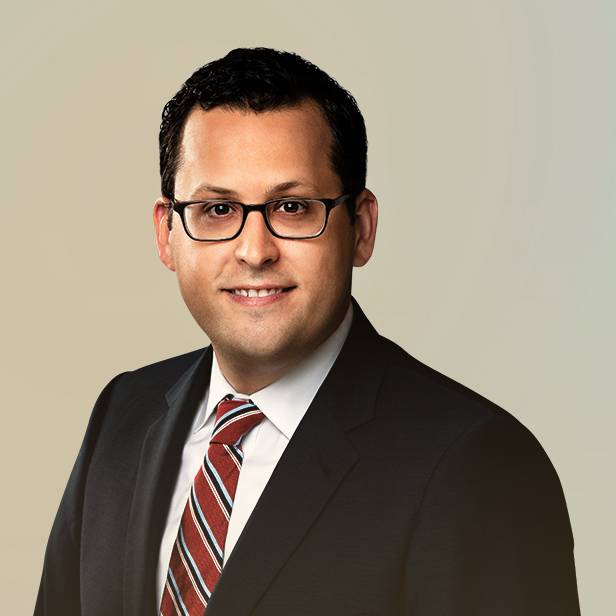
I have a hands-on approach and bring energy, creativity and passion to every client transaction.
Eddie Krule
Managing Director
Chicago
I design strategies and offer solutions that fit the unique ambitions of each client I serve.
Brian Little
Managing Director
Los Angeles
I take a long-term approach to building relationships and understanding clients' businesses in order to provide timely and relevant advice.
Alex Masters
Managing Director & Co-head of Consumer, Europe
London

